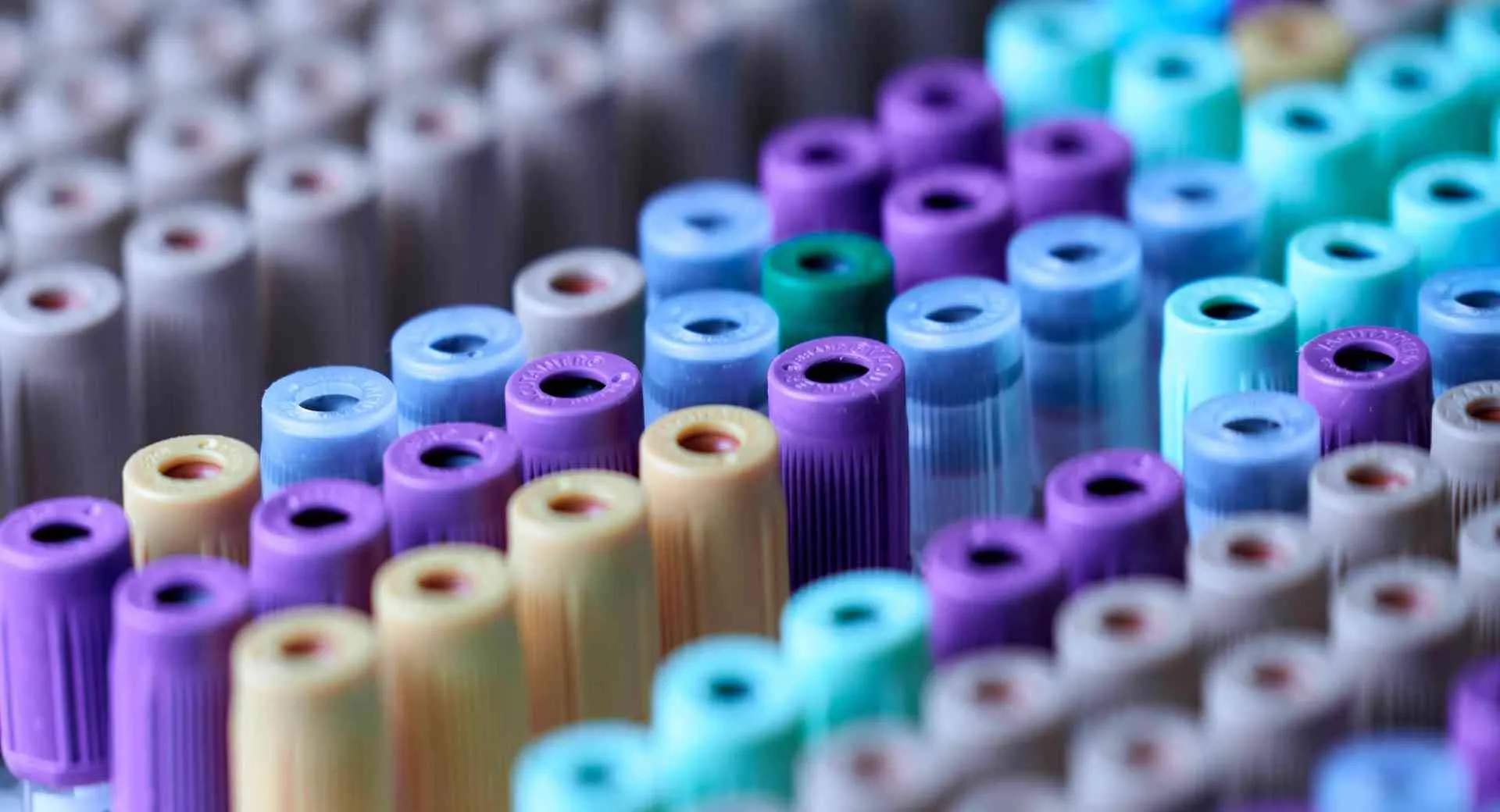Description
HS-PEG-NH2 is a linear heterobifunctional PEGylation reagent with a thiol and an amine. It is a useful crosslinking or bioconjugation reagent with a PEG spacer. Thiol, or SH, sulfhydryl, or mercapto group selectively reacts with maleimide, OPSS, vinylsulfone and transition metal surface including gold, silver, etc.
Properties
Molecular weight: MW of PEG was measured by MALDI-MS or GPC. PDI (polydispersity index) of our linear PEG is 1.02-1.05 with very narrow MW distribution. The number of repeating ethylene oxide units (CH2CH2O) or the degree of polymerization is calculated dividing the PEG MW by 44 (44 is the molecular mass of one repeating unit).
Solubility: Soluble in water and aqueous buffer, chloroform, methylene chloride, DMF, DMSO, and less soluble in alcohol, toluene. Not soluble in ether.
Density: PEG density is approximately 1.125 g/mL
Physical form: PEG products generally appear as white or off-white powder, and for very low MW linear PEG such as MW 1k or less, it may appear as wax-like, semi-solid material due to the low MW and the type of functional groups.
Storage condition: PEG product shall be stored in the original form as received in a freezer at -20C or lower for long term storage. Stock solution of PEG reagents that do not contain oxygen or moisture sensitive functional groups may be temporarily stored in a refrigerator or ambient temperature for multiple days. Stock solution should avoid repeated freeze-and-thaw cycles. See Documents section for detailed storage and handling conditions.
References
1. Gold Nanorods: Controlling Their Surface Chemistry and Complete Detoxification by a Two-Step Place Exchange. Angewandte Chemie 2013, 125 (7): 1988-1992. Text, experimental details in SI.
2. Orthogonal Amplification of Nanoparticles for Improved Diagnostic Sensing, ACS Nano, 2012, 6 (4), pp 3506-3513, Text.
3. Fabrication of plasmon length-based surface enhanced Raman scattering for multiplex detection on microfluidic device. Biosensors and Bioelectronics 70 (2015): 358-365. Text
4. Fluorescence-Encoded Gold Nanoparticles: Library Design and Modulation of Cellular Uptake into Dendritic Cells. Small 10.7 (2014): 1341-1350. Text.
5. Responsive pentablock copolymers for siRNA delivery. RSC Advances 5.54 (2015): 43515-43527. Text
6. Cancer Diagnostics: A Trachea†Inspired Bifurcated Microfilter Capturing Viable Circulating Tumor Cells via Altered Biophysical Properties as Measured by Atomic Force Microscopy. Small 9.18 (2013): 3103-3110. Text.
7. Intracellular delivery of more than one protein with spatio-temporal control. Nanoscale. 2017;9(47):18668-80. Text.
8. Gold nanoparticles for tracking bacteria clearance by regulated irrigation and negative pressure-assisted wound therapy. Nanomedicine 13.15 (2018). Text.
9. A near infrared light-triggerable modular formulation for the delivery of small biomolecules, Journal of Nanobiotechnology, volume 17, Article number: 97 (2019), DOI: 10.1186/s12951-019-0530-y
10. Microslit on a chip: A simplified filter to capture circulating tumor cells enlarged with microbeads. PLoS ONE 14(10): e0223193, doi: 10.1371/journal.pone.0223193
11. Croconaine-based nanoparticles enable efficient optoacoustic imaging of murine brain tumors, Photoacoustics, Volume 22, 2021, 100263, Text.
12. Morphologically homogeneous, pH-responsive gold nanoparticles for non-invasive imaging of HeLa cancer, Nanomedicine: Nanotechnology, Biology and Medicine, 2021, 102394, Text.
13. Optimization of Gold Nanorod Features for the Enhanced Performance of Plasmonic Nanocavity Arrays, ACS Omega 2021, 6, 43
Click here to view an expanded list of hundreds of publications citing Creative PEGWorks products.


